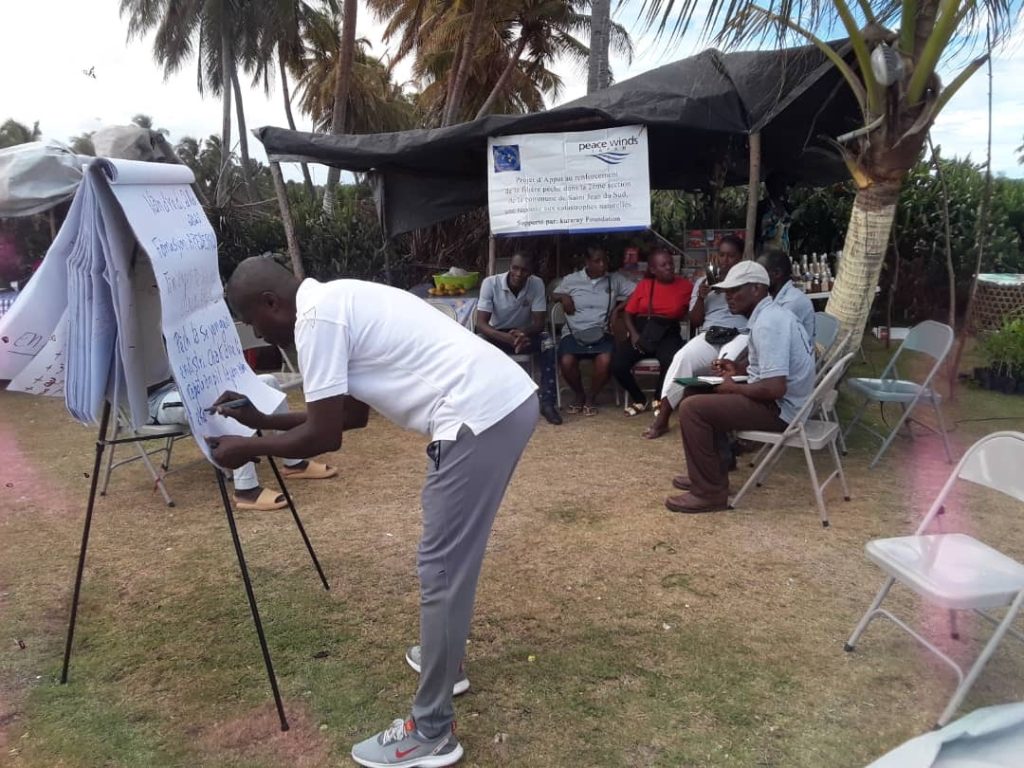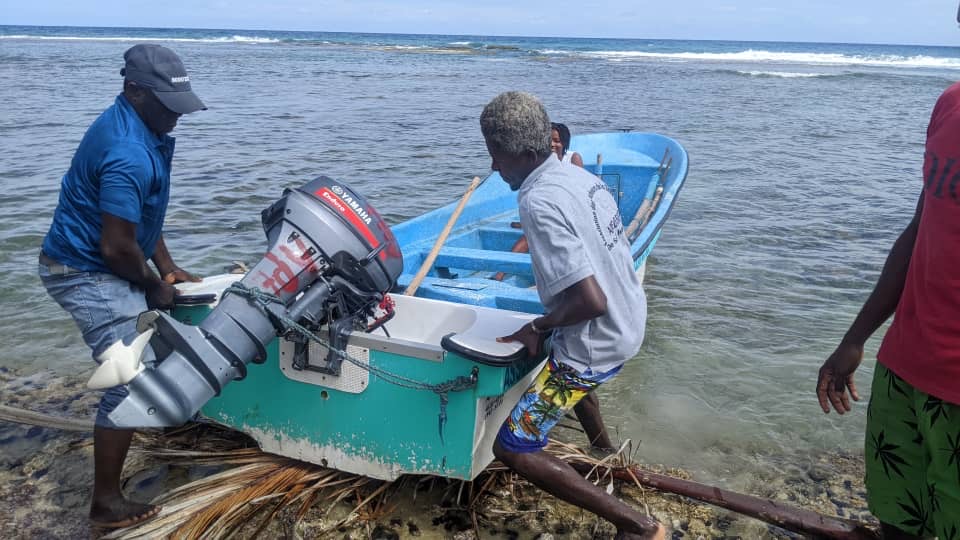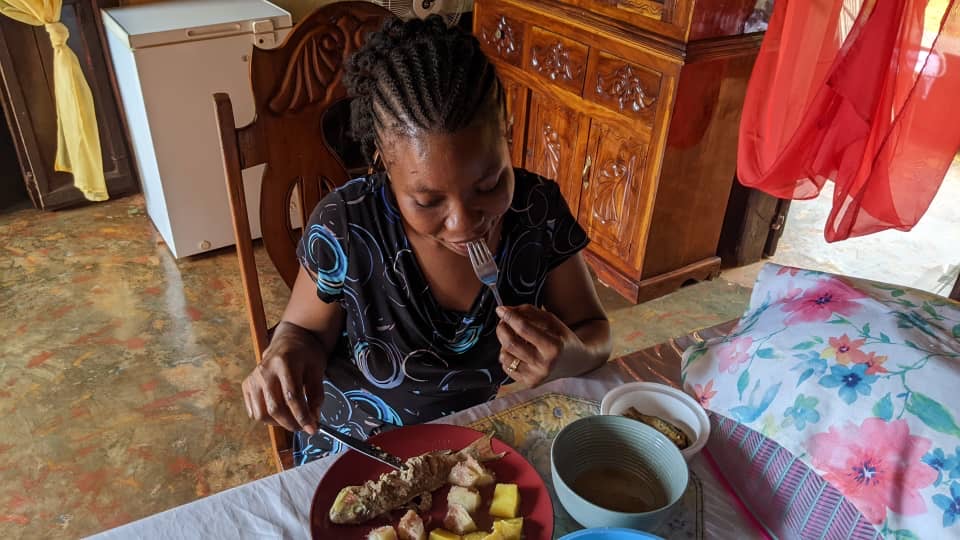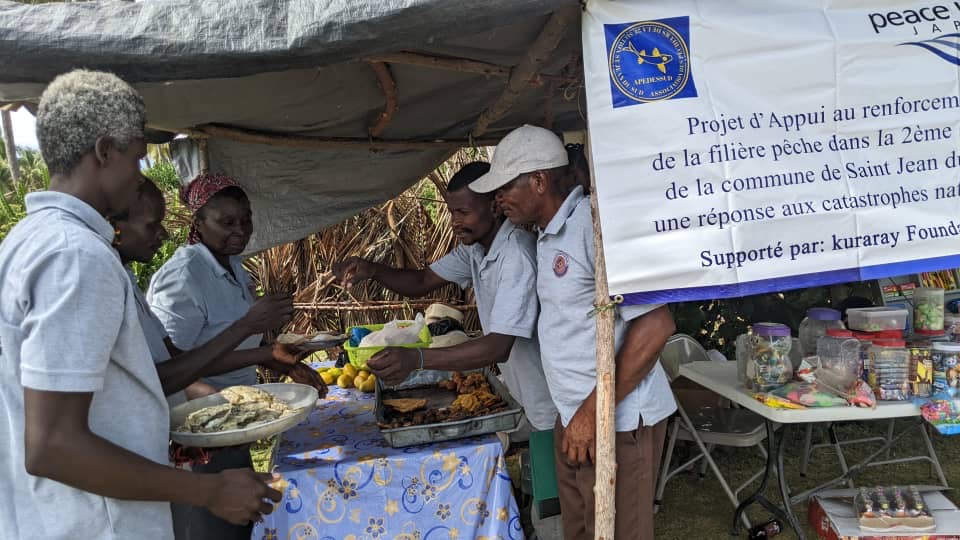Haitian Fishing Community Regains Self-Reliance
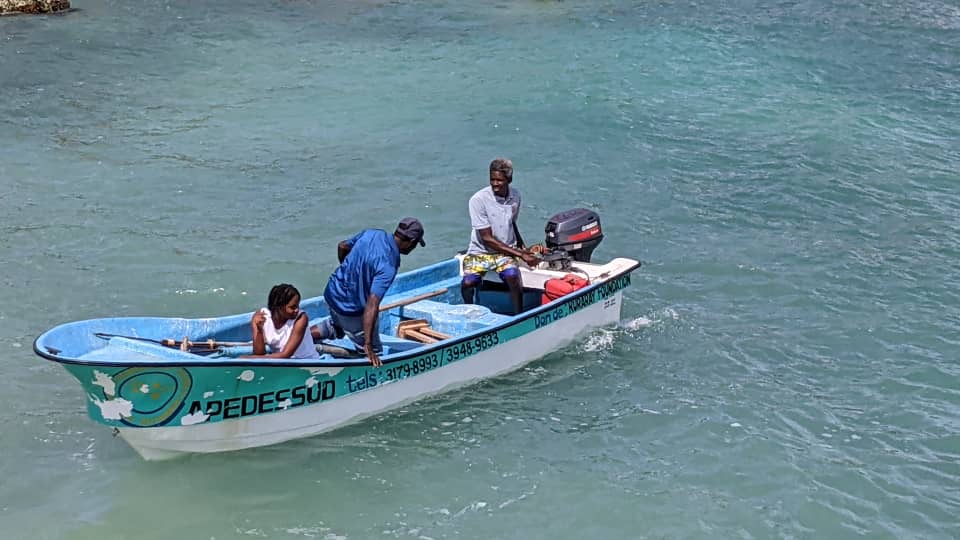
For more than a year, Peace Winds has partnered with a fishing co-operative in Southern Haiti to help its 70 members gain the supplies and skills they needed to be more self-reliant. The co-op, APEDESSUD (Association des Pêcheurs de la Deuxième Section de Saint du Sud), has been hit hard over the last several years by devastating hurricanes and Haiti’s deteriorating security situation. Gear was destroyed, the amount of fish the group could catch and sell was limited, and as a result, its monthly profits dropped from about $500 to just $20.
Over the course of Peace Winds’ program, APEDESSUD has been able to purchase new equipment, and participants completed vocational training courses to boost their technical and marketing skills. APEDESSUD’s sales have now returned to pre-hurricane levels, and the group is more capable of withstanding future hardships.
Because APEDESSUD had lost so much of its equipment, the first part of Peace Winds’ program included supplying the group with a range of new fishing gear and fish processing supplies. This included a large freezer, coolers, cutting boards, buckets, knives, and other utensils, as well as solar panels, batteries, and cables to keep the freezer running. Thanks in large part to Peace Winds’ donors, the group was also able to purchase a new fishing boat last year, which has continued to be a vital resource.
Once the team was equipped with all the gear it needed, the vocational training program began. The goal of the training was to help APEDESSUD learn new fish processing techniques, diversify its products, and earn a fair price at local markets. Ultimately, this is helping the co-op become more resilient and empowers members to earn enough money to support their families.
The first step in the process is catching the fish. Men typically take on this job by traveling out on fishing boats and using nets, fishing line, or bamboo traps to catch fish by hand. Tuna, grouper, sea bream, and Pacific saury are the most common types of fish used in Haitian cuisine, but just about any type can be used.
Next, the co-op’s women clean, sort, and cut the fish to prepare them for the market. Previously, only men who worked as fishermen could earn an income, but now women who process, cook, and sell fish are also making a living to support themselves and their families.
The training program also includes instruction on making dried fish. The fish are salted and then hung to dry from racks for several days. The dried fish can then be eaten as-is or added to soups and stews. Its rich flavor, high nutritional value, and long shelf life make dried fish popular in Haiti, especially in poor and remote areas. The new techniques also allow APEDESSUD to preserve and store the fish for longer periods.
Finally, co-op members transport the fish to local markets using coolers mounted on motorbikes. APEDESSUD is based in Les Cayes, Saint-Jean-du-Sud in Haiti’s Southern Department, but the group expanded its market through the program and now sells fish to neighboring towns as well. Ultimately, the training program clarified each members’ responsibilities within the organization to help it run more efficiently, and participants gained skills in new areas.
“I learned everything from basics to specific techniques for processing fish, which will be really useful for my work in the future,” said Noel, a member of APEDESSUD who works in processing and sales. “In particular, learning how to preserve dried fish for long periods while maintaining its freshness will give me an advantage when it comes to selling our products.”
APEDESSUD also organized a food festival in honor of International Labor Day on May 1. Co-op members presented methods of preparing fish, and many local residents showed up to buy and sample the dishes. A Peace Winds staff member also led a presentation on the importance of fishing on Haiti’s economy.
As it works to strengthen connections with the local community, APEDESSUD is now more self-sufficient than ever. The group can afford to cover its own operating costs in the long-term, and staff say they are now working to grow their administrative and sales teams.
This project is made possible by a grant from the Kuraray Company and by contributions from our many individual donors. Click here to donate to Peace Winds’ work in Haiti through our GlobalGiving fundraiser.
